Through the improvement of cost-effective aquafeeds, NUTRIMU aims at maximizing fish growth performance and feed utilization, while minimizing environmental impact and cost of feeding, reducing chemicals as prophylactic agents use in aquaculture, and decreasing mortalities due to opportunistic pathogens. Attention is also given to nutritional strategies for improving animal welfare, gut integrity and immune status, thus reducing fish susceptibility to diseases and stressful rearing conditions.
NUTRIMU also aims to contribute for deeper insights on fish nutrient requirements, metabolic utilization of nutrients, nutrients-innate immune system interaction and neuroendocrine-immune interactions, therefore gaining basic information regarding physiological aspects of comparative animal nutrition and immunobiology. This research team also seeks to study potential ingredients for use in aquafeeds, potential use of functional ingredients, and gut microbiota-nutrients interaction, thus contributing for scientific sound improvement of fish feeds and fish health.
Main research activities are mainly directed towards the following topics: Protein and amino acid requirements; Carbohydrate and lipids utilization and metabolism; Evaluation of feedstuffs alternative to fish meal and fish oil; Utilization of functional ingredients in aquafeeds; Nutrition and gut microbiology; Nutritional immunobiology; Host/pathogen and neuroendocrine/immune interactions.
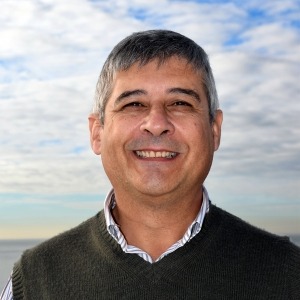

PhD in Biology, Universidade do Porto, 1988. Degree in Biology, Universidade do Porto, 1981. Current professional status: Full Professor at Faculty of Sciences, Porto University, since 1998. Head of the Fish Nutrition and Welfare Group – NUTRIMU, CIIMAR
Director of the M.Sc. in Biological Aquatic Resources, Faculty of Sciences, Porto University. Co-director of the PhD program in Biology.
Editor-in-Chief: Aquaculture Journal
Associate Editor of: Aquaculture; Animal Feedstuffs and Technology; Journal of the World Aquaculture Society
Domain of specialization: Fish Nutrition
Research interests: Nutrition of marine fish of interest for aquaculture.
Main research topics: Protein and amino acids requirements and metabolism. Carbohydrate and lipid metabolism. Ingredients alternative to fish meal and fish oil for use in aquafeeds. Nutritional strategies for improving fish health and welfare. Immunology. Gut microbiota. Use of nutraceuticals in fish nutrition.
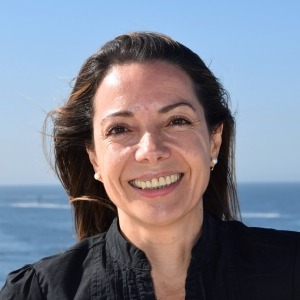

Helena Peres is a Research Nutritionist for the Center of Marine and Environmental Research (CIMAR), at the University of Porto, Portugal, since 2003, and an Invited Associated Professor at the Sciences Faculty, at the University of Porto. Since 2010, she has been invited to collaborate with the post-graduation course, as an Invited Professor at UNESP- Faculty of Veterinary Medicine and Animal Science, São Paulo State University, AquaNutri, Botucatu, SP, Brazil. Her domain of specialization is fish nutrition, with particular interest to amino acids/protein and energy metabolism; nutritional strategies for reducing environmental impact of aquaculture; nutritional strategies to modulate wellbeing, stress and infection resistance, and Integrated Multi Trophic Aquaculture (IMTA).
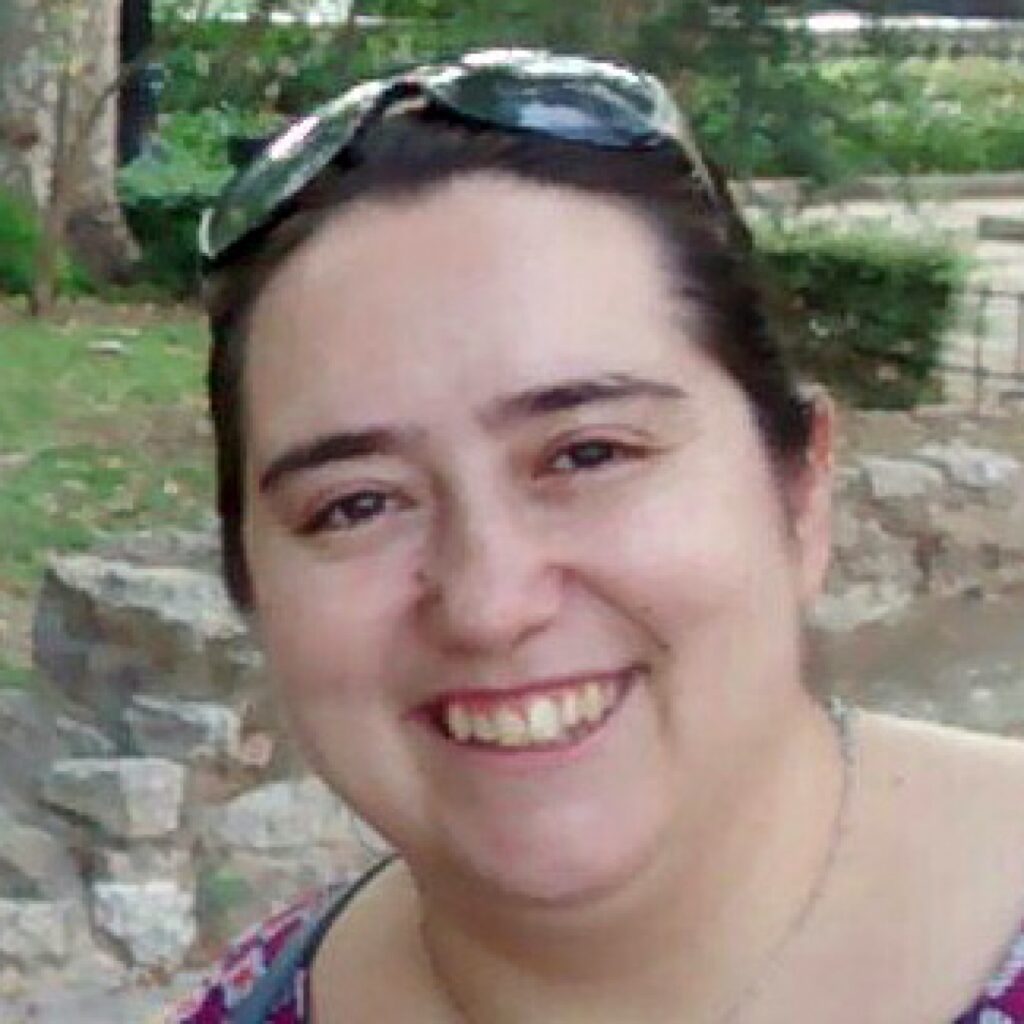

Amalia Pérez-Jiménez graduated in Environmental Sciences (2001) and doctorate (2008) by the University of Granada (UGR, Spain), was postdoctoral researcher in NUTRIMU-Fish Nutrition and Welfare Research Group of CIIMAR for 4 years (2010-2013). Currently, she is a Senior Lecturer at UGR (Spain) and she continues her collaboration with NUTRIMU. She is also the team leader for the research group RNM156-Fish Nutrition and Feeding at UGR. Her research interests focus on diversification and sustainable increase in aquaculture production through nutrition, the evaluation and improvement of animal welfare and the use of natural bioactive compounds to improve both animal and human health.
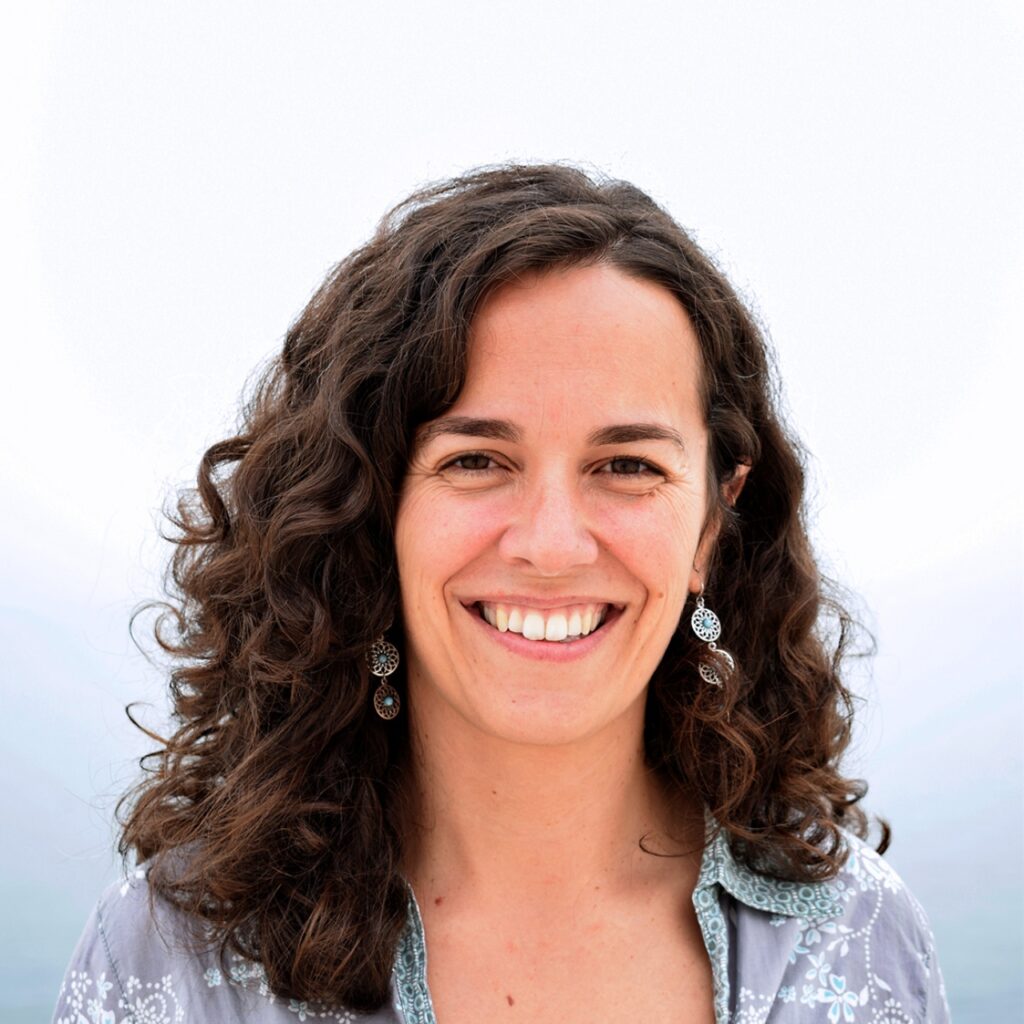

Ana Couto is an Assistant Researcher at the Fish Nutrition and Welfare research group from CIIMAR. She obtained her degree in Biology from Aveiro University (2004) and her PhD in Biology from Porto University (2014). Ana’s research focus on aquaculture fish nutrition, particularly on the effects of dietary formulations in fish intestinal morphology, digestive physiology, and health. Her research aims at developing sustainable, health-promoting feeds for cultured fish and diagnosis tools for nutritional pathologies and health monitoring. Ana is author of 50+ scientific papers published in international peer-reviewed journals.
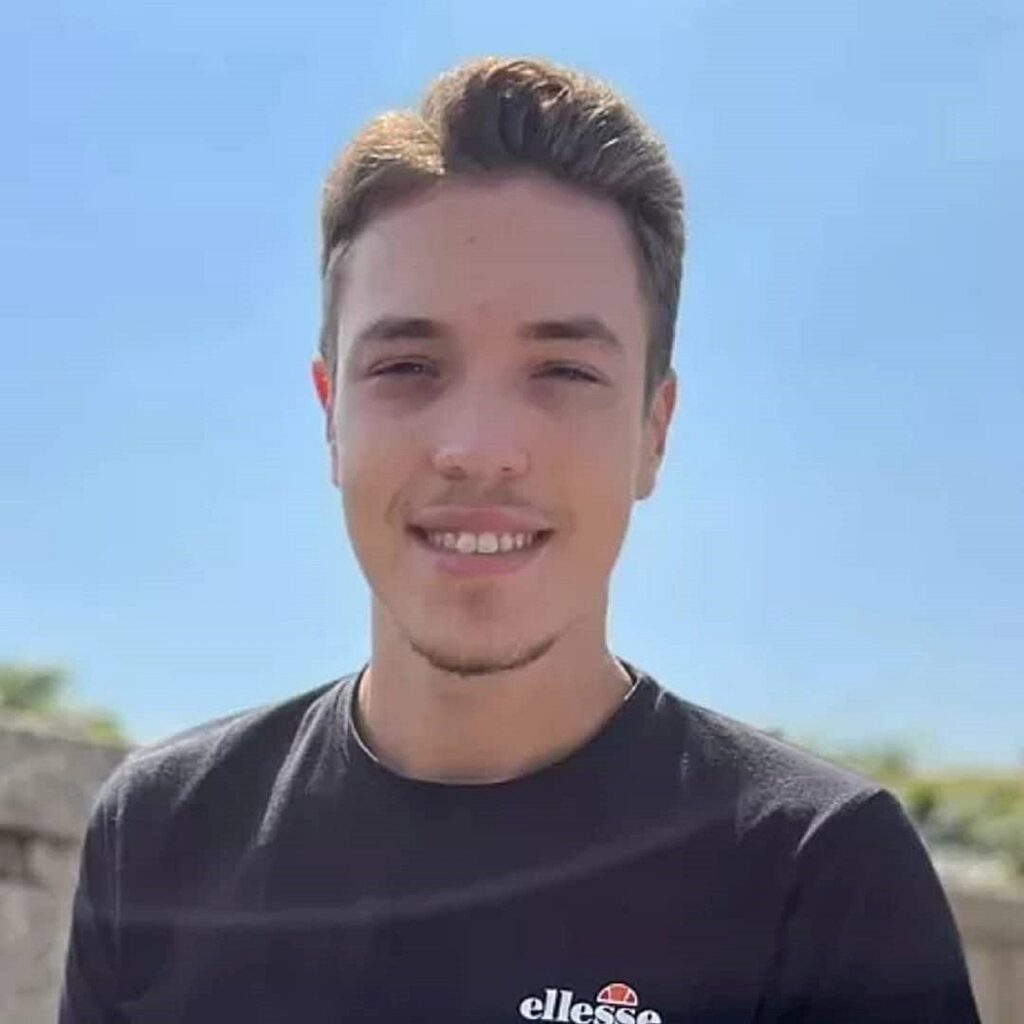

António Labela has a Bachelor Degree in Biology in 2021 at the Faculty of Sciences of the University of Porto (FCUP). Currently he is a masters student in Aquatic Biological Resources at FCUP, working on his dissertation at Nutrimu, which consists in the study of improvements of macroalgae utilization as a valuable ingredient for European seabass aquafeeds
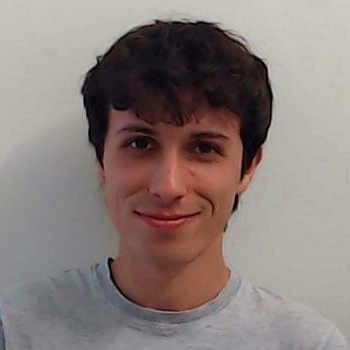

Bruno Silveira has a degree in Biology at the Faculty of Sciences of the University of Porto and is currently in the second year of his MSc in Aquatic Biological Resources, also in the same faculty. As part of his dissertation, he will be re-evaluating the n-3 Long-Chain Polyunsaturated Fatty Acids requirements in European Seabass.
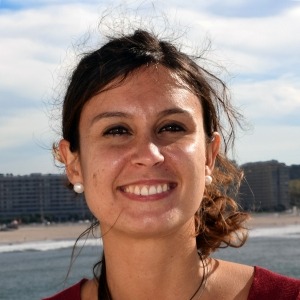

Carolina Castro graduated in Biology in 2009 at Aveiro University and obtained her PhD in 2016 in Biology from the Faculty of Sciences of Porto University. She is currently post-doc researcher at CIIMAR. Her main research interest focus on the nutrition and welfare of marine fish of interest for aquaculture. She is author of 15 scientific publications in international journals.
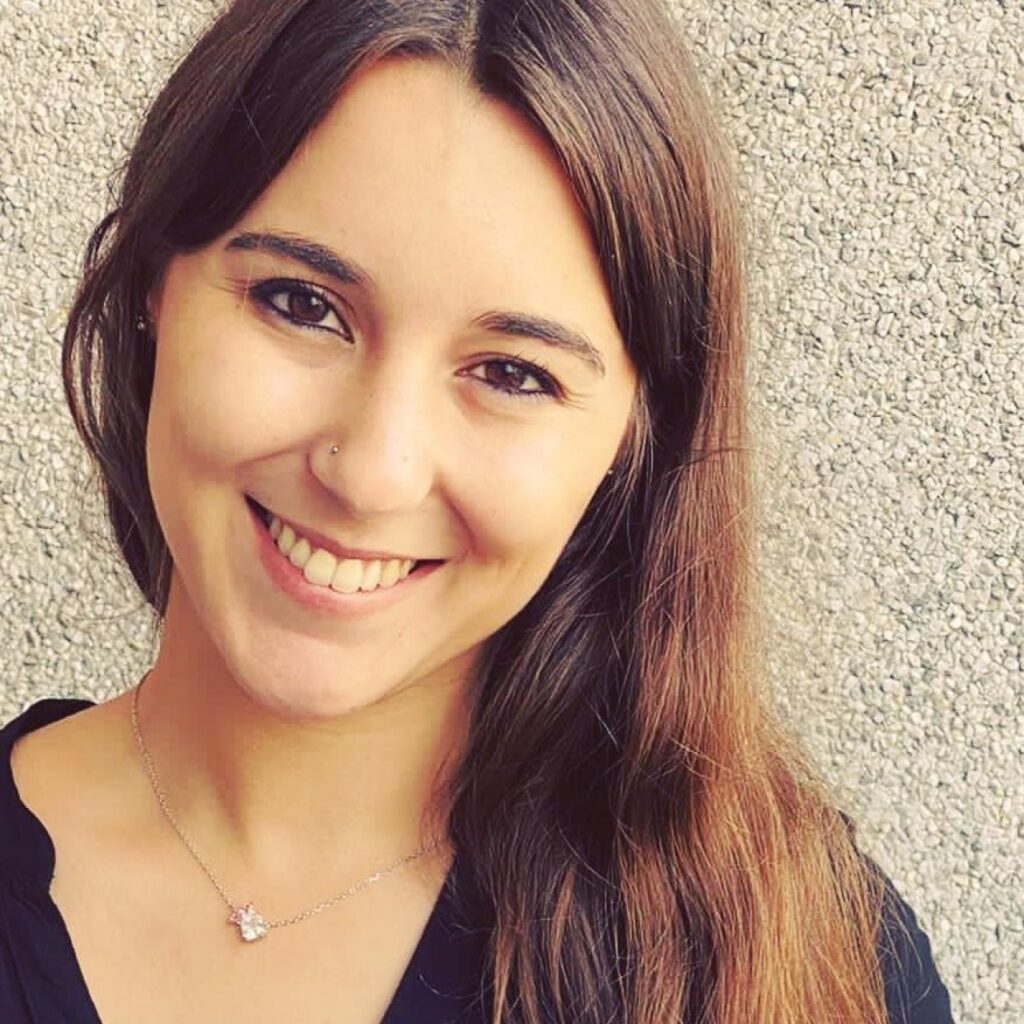

Catarina Ramos Oliveira graduated in Marine Biology & Biotechnology in 2017 and obtained an MSc degree in 2020 from the Faculty of Sciences of the University of Porto. Since 2021 she is working on her Ph.D. thesis with the main focus on applying solid-fermentation processes to produce bioactive and nutrient-enriched macroalgae as a source of neutral-carbon feedstuff for aquafeeds. Catarina already presented 8 communications in oral/poster format in national and international conferences and has 3 publications in International Scientific Journals (Q1). Her main research interests focus on aquaculture, fish nutrition, and biotechnology.

Catarina Basto-Silva was graduated in Aquatic Sciences, and completed her master’s degree in Marine Sciences – Marine Resources, from the University of Porto, with the financial support of the Young research programme (PP-IJUP2012-SOJA DE PORTUGAL-08). Currently, she is a Ph.D. student from the Porto and Barcelona Universities, financially supported by the FCT (SFRH/BD/130171/2017). She worked in an international context, to acquire new skills, in the Department of Cell Biology, Physiology and Immunology, Faculty of Biology, University of Barcelona. Her specialties are fish nutrition and appetite regulation, in vitro cell culture (hepatocytes, leukocytes, and adipocytes), life cycle assessment approach and economic analysis.
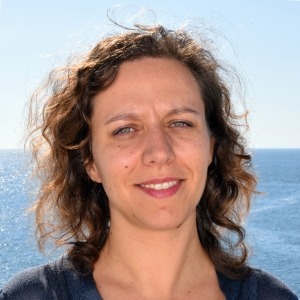

Cláudia R. Serra obtained her PhD in Biology at ITQB-NOVA, where she applied microbial genetics and molecular biology tools in the functional analysis of bacterial genomes, identifying and characterizing important genes of gastrointestinal isolates with biotechnological potential. She is currently a post-doc researcher at CIIMAR, dedicated to the characterization of gastrointestinal microbial communities of economically important fish species and to the development of novel probiotics for use in aquaculture. Claudia has more than 10 years of practical lab experience in academic settings with strong connections to pharma and animal-feed industries.
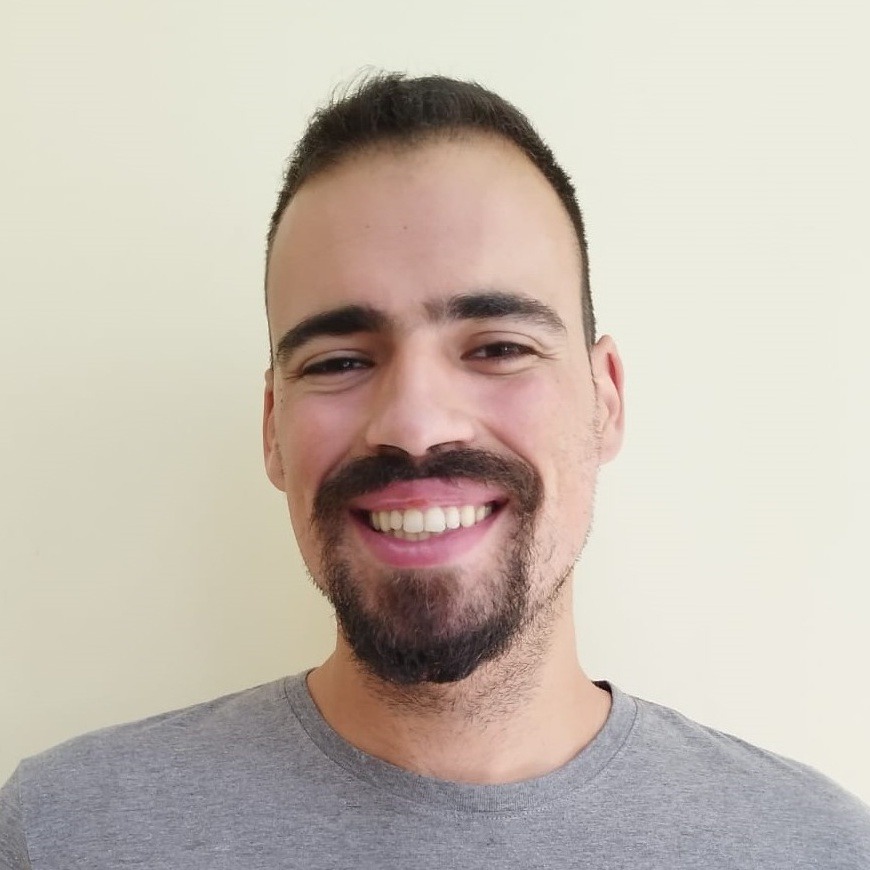

Diogo Filipe has a bachelor’s in Biology and holds a master’s in Aquatic Biological Resources. Currently he is working on his PhD thesis with the main focus on employing biotechnology tools to improve nutritional qualities of agro-industrial wastes and produce valuable products to be used in aquaculture.
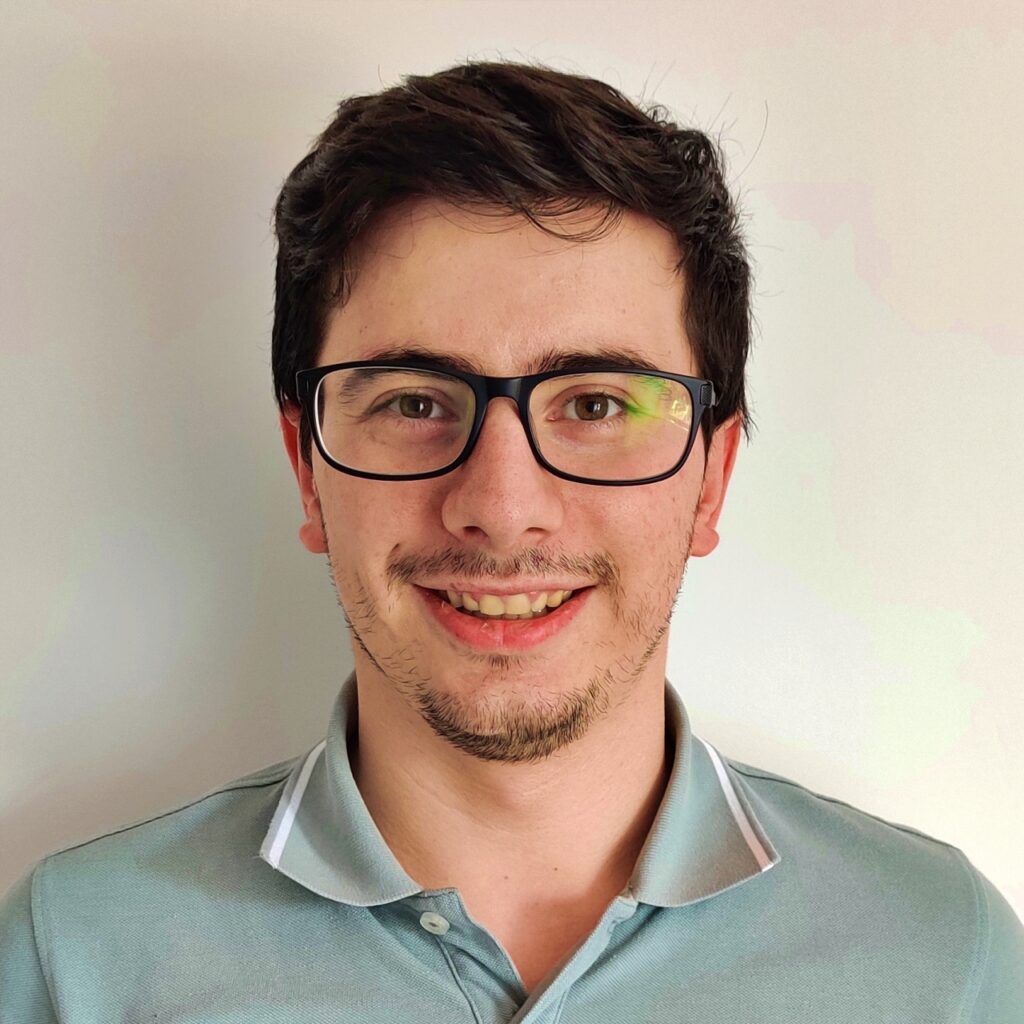

I have graduated in Biology in 2013, followed by a Master’s in Cell and Molecular Biology, in 2015 at the Faculty of Sciences, University of Porto. During my Master’s internship I’ve worked with self-assembled cell-ECM microtissues in soft pectin hydrogel, at I3S. Currently carrying out my Ph.D. plan at NUTRIMU with the main objective of identifying and isolate gut sporeforming bacteria with chitinolytic potential, delivering a new probiotic product with commercial potential in aquaculture targeting insect meal. I’ve also successfully participated in and won three business programs namely, Business Ignition Program, Born from Knowledge Ideas, and European Innovation Academy.
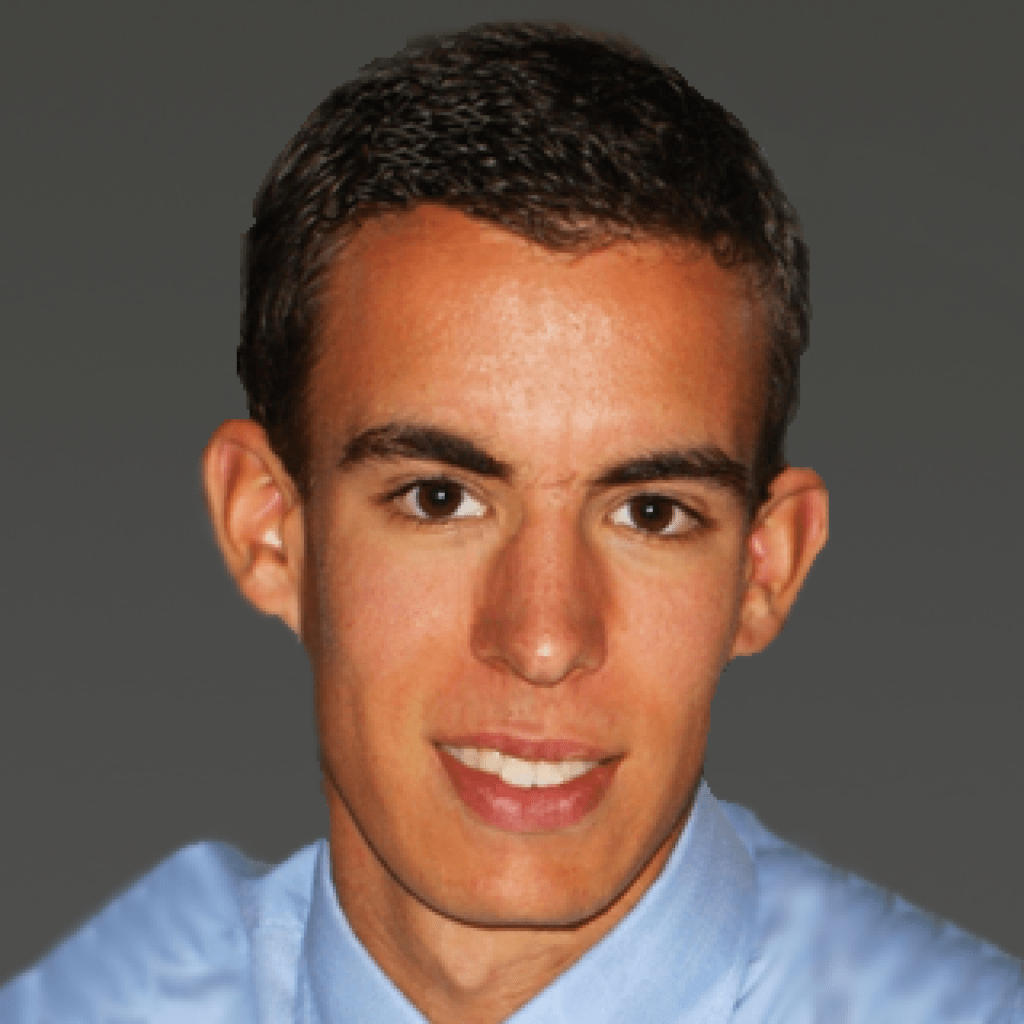

Filipe Coutinho graduated in Biology in 2009 at Aveiro University and obtained his PhD in Biology in 2017 from the Faculty of Sciences of Porto University. He is currently post-doc researcher at CIIMAR. His main research interest is centered in the potential of dietary amino acid supplementation as a strategy to enhance fish growth performance, health and welfare in aquaculture farms.
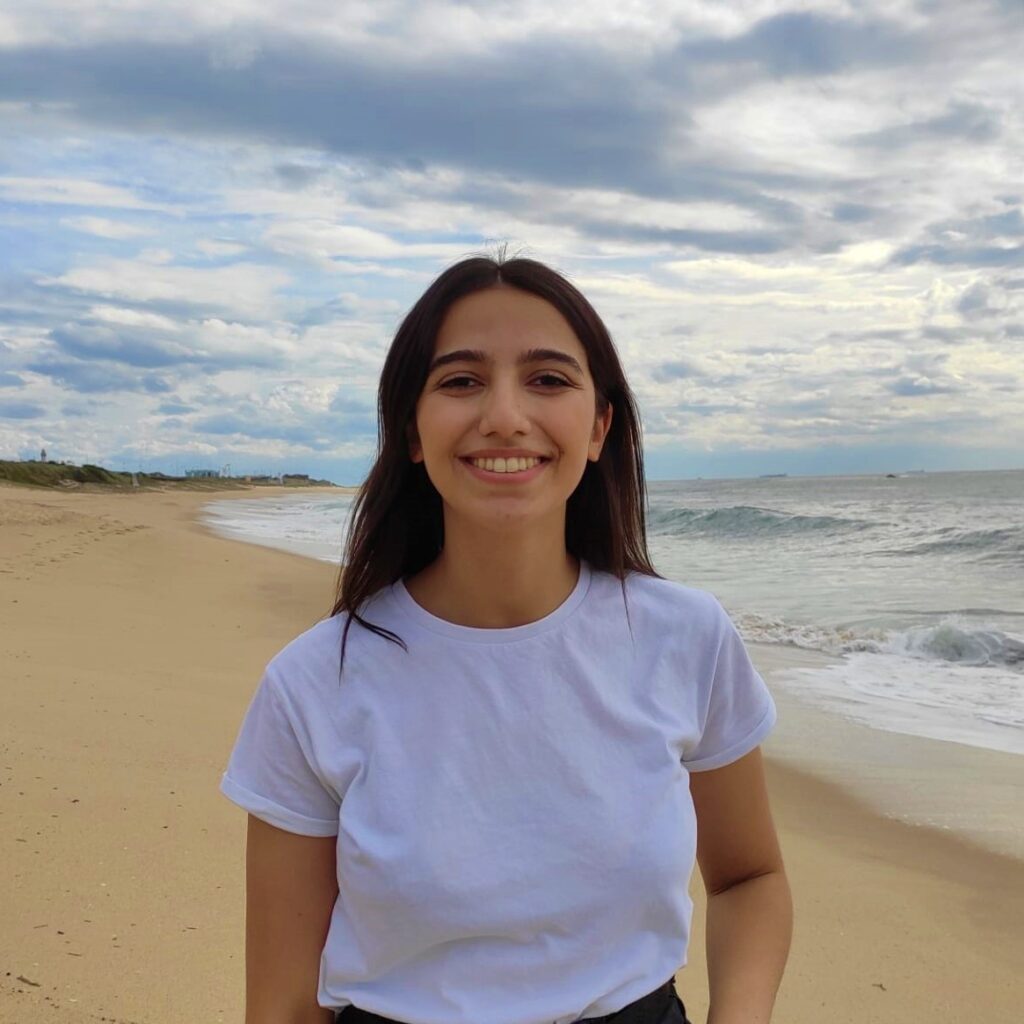

Gabriela Gonçalves has a bachelor’s degree in Biochemistry from the University of Porto and completed her master’s degree in Food Science and Technology, in 2020. In 2021 she started her PhD focusing on the development of oral vaccines for aquaculture using Bacillus spores as delivery vehicles. Her work contributed to 2 published papers in international scientific journals (Q1) and 5 oral communications and 1 poster at national and international conferences, which granted her 4 distinctions. Gabriela was part of the team “ProbioVaccine” which won the 928 Startup Challenge in 2021, an international business competition.
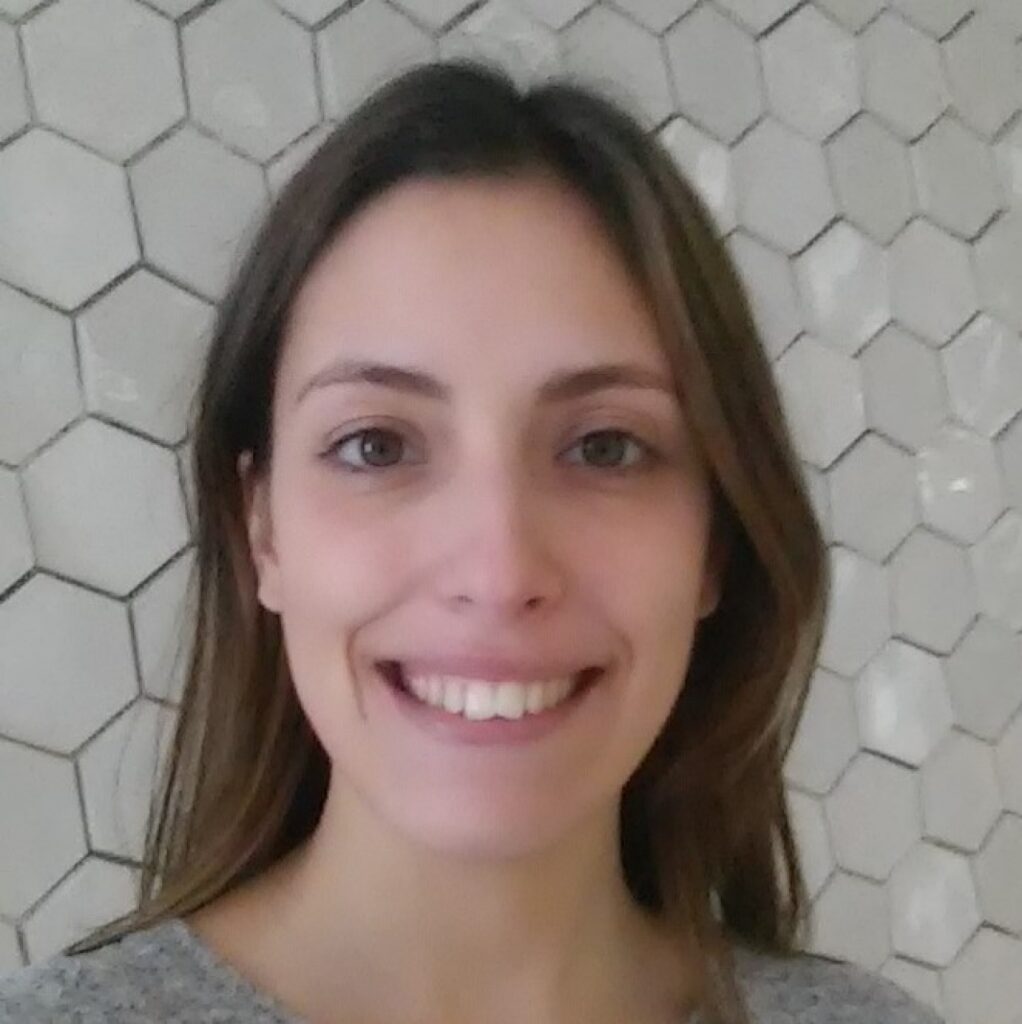

Helena Fernandes has a degree in Biology and holds a Master degree in Aquatic Biological Resources by Faculty of Sciences of the University of Oporto. She is currently developing her PhD focusing on the development of sustainable feed supplements and feed ingredients aiming its inclusion in diets for aquaculture fish species through reutilization of agro-industrial by-products.
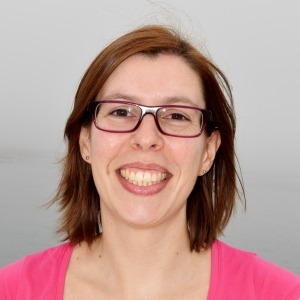

Inês Guerreiro graduated in Marine Biology in 2006 and finished a master in Aquaculture and Fisheries in 2009 both at University of Algarve. In 2016 obtained a PhD degree in Biology by Faculty of Sciences of University of Porto. Inês is currently a post-doc researcher at CIIMAR. Presently, her research interests are in fish nutrition, namely the potential of dietary carbohydrates as energy source, the use of functional ingredients (prebiotics, probiotics) in order to improve fish rearing and welfare, alternative ingredients to decrease the use of fishmeal, and the mechanisms involved in the regulation of fish appetite.
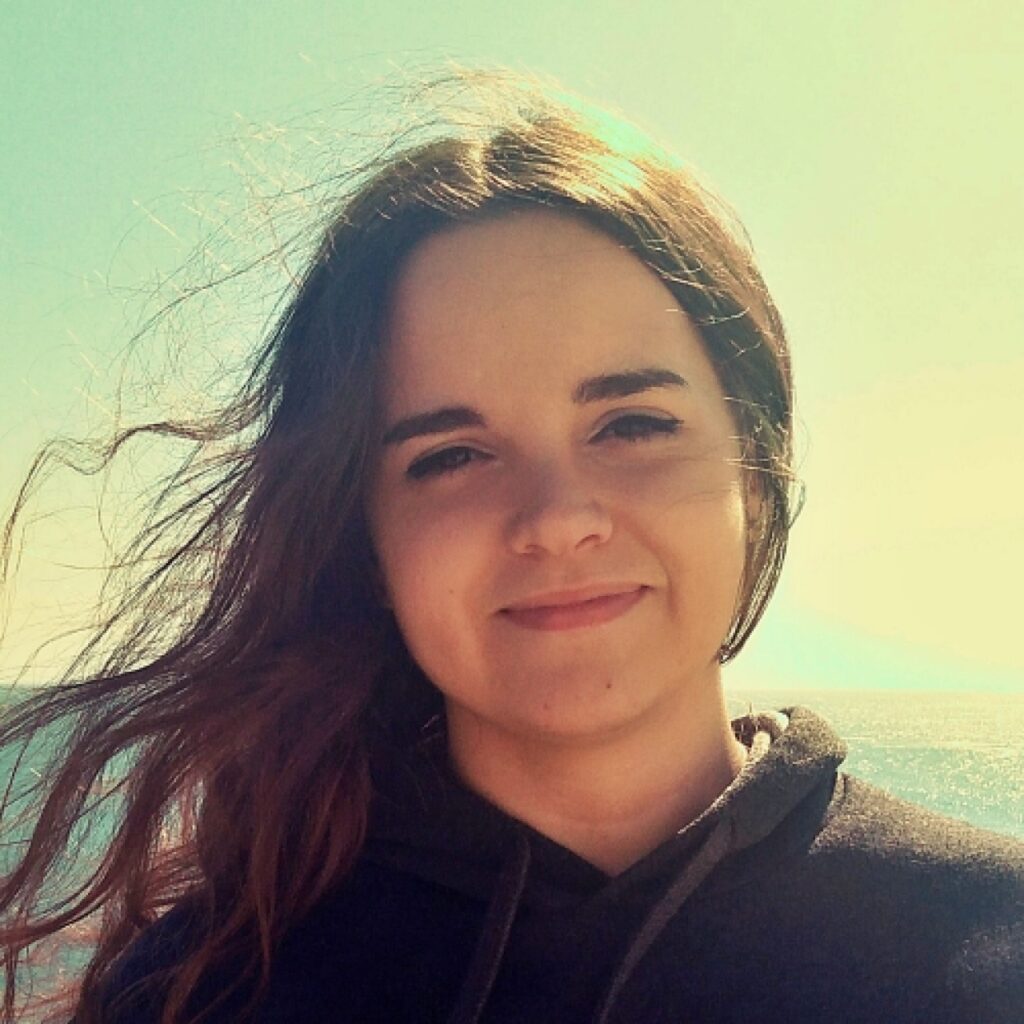

Joana Oliveira studied Applied Biology at University of Minho and later, following her love for the sea and the aquatic animals, she obtained her master’s degree in Marine Sciences – Marine Resources at ICBAS, University of Porto. Currently she is a Biology PhD student at FCUP and her studies focus on finding new health and welfare biomarkers in meagre (Argyrosomus regius) and in the development of new functional diets for this fish model that will allow for the improvement of its production.
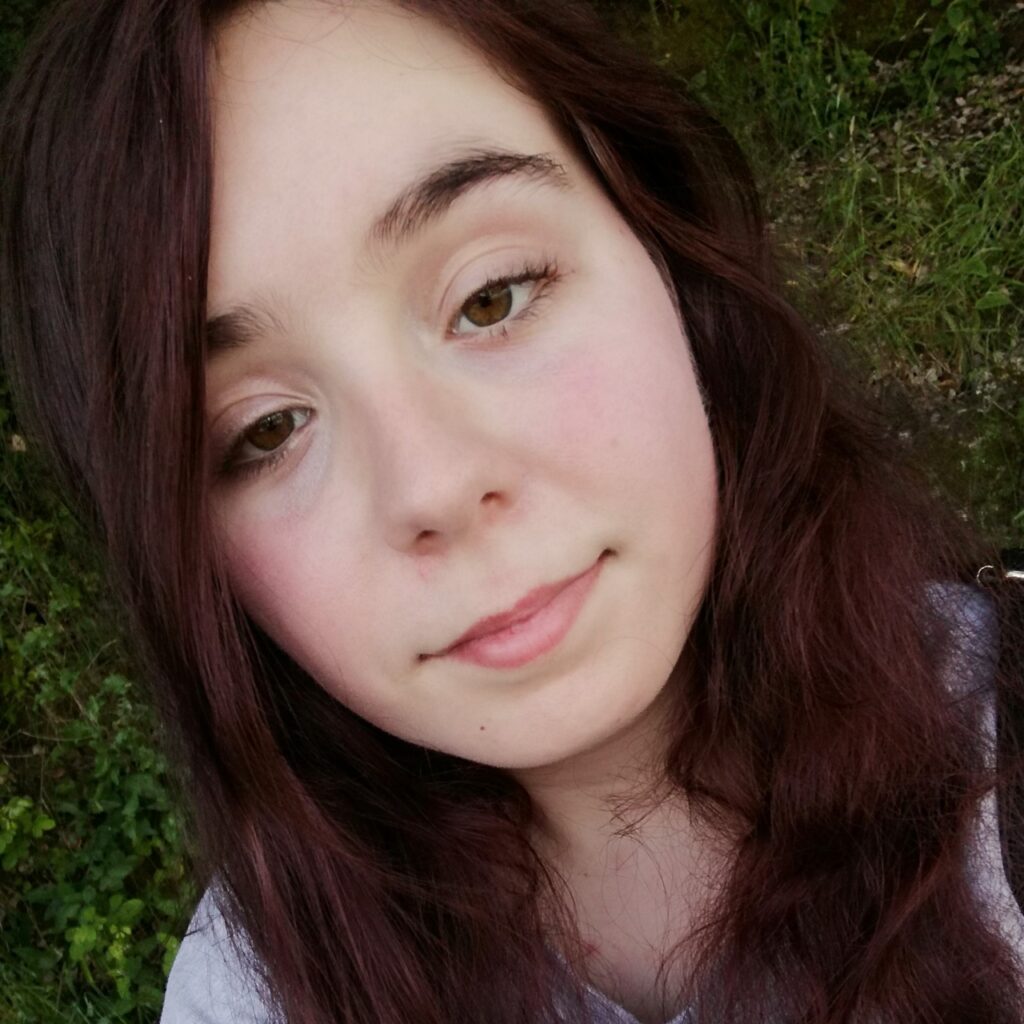

Joana I. Sousa has a degree in Biology and Geology by University of Aveiro (2021). She’s currently a master’s student in Biology and Water Quality Management at Faculty of Sciences of University of Porto (FCUP) and is doing an internship at NUTRIMU group with the objective of studying Novel grape functional extracts to prevent antibiotic use in European seabass aquaculture.
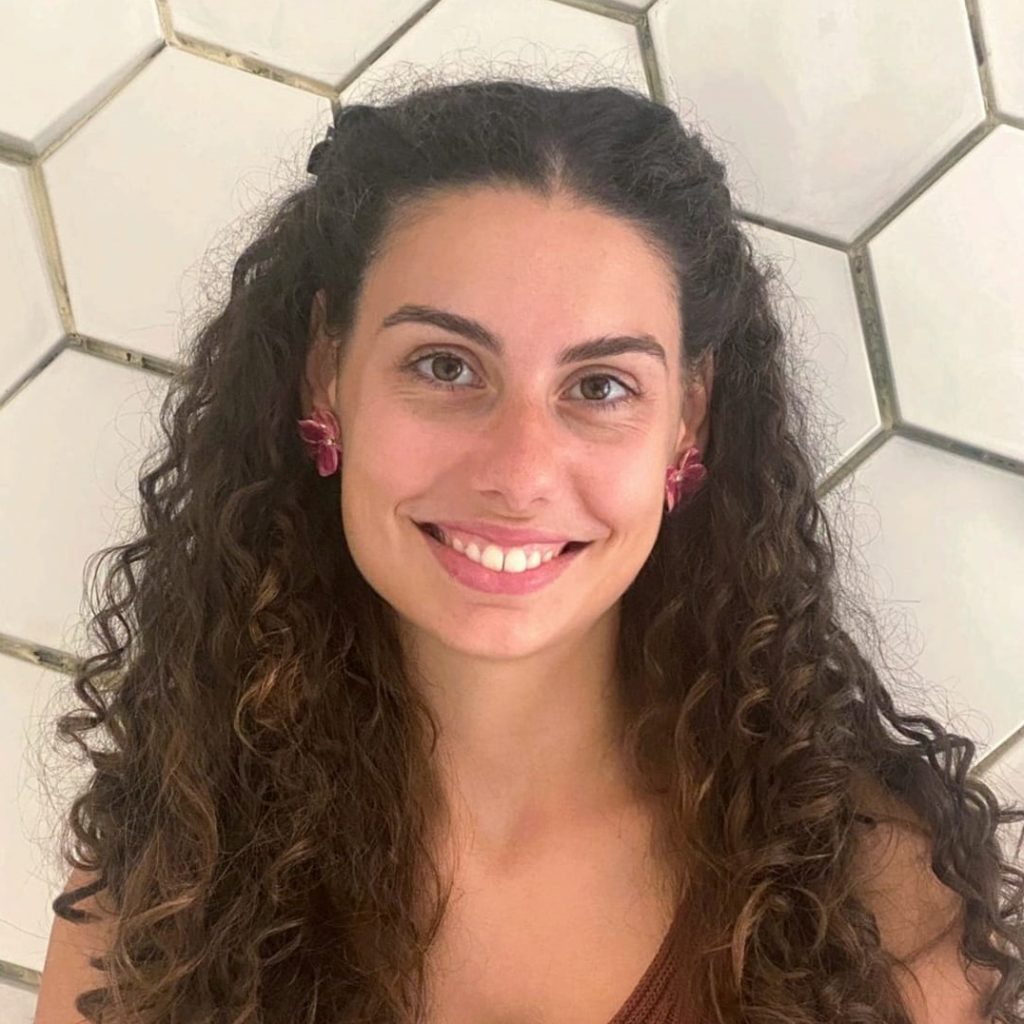

Lúcia Vieira graduated in Aquatic Sciences in 2019 and obtained her Msc in Aquatic Biological Resources, from the Faculty of Sciences of the University of Porto in 2022. Currently, she is working on her PhD, aiming to valorize agro-industrial by-products through novel biotechnological approaches to increase fish growth performance, and to control aquaculture diseases. Her main interest topics are aquaculture, fish nutrition and immunology, and biotechnology.
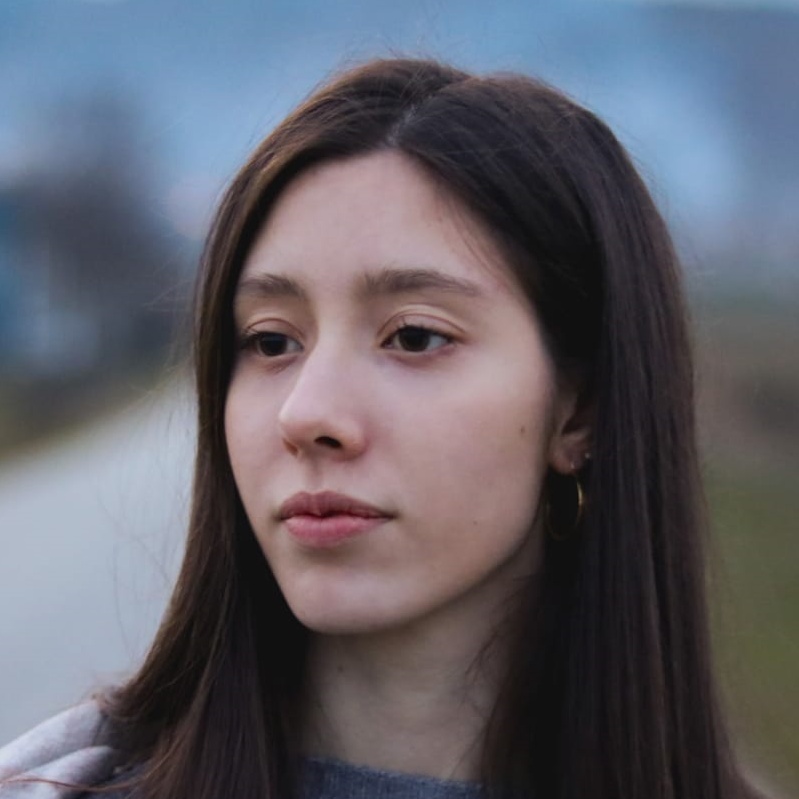

Mafalda Montenegro A. C. Miranda obtained a bachelor’s degree in Biology at the Faculty of Sciences of the University of Porto (FCUP) in 2022. In that same year, she became a student in the Master’s program in Cellular and Molecular Biology at FCUP. Currently, she is working on her dissertation at the Interdisciplinary Centre for Marine and Environmental Research (CIIMAR) in the NUTRIMU group, where she is researching the role of probiotics (previously selected) regarding disease resistance in European sea bass (Dicentrarchus labrax).


Helena Peres is a Research Nutritionist for the Center of Marine and Environmental Research (CIMAR), at the University of Porto, Portugal, since 2003, and an Invited Associated Professor at the Sciences Faculty, at the University of Porto. Since 2010, she has been invited to collaborate with the post-graduation course, as an Invited Professor at UNESP- Faculty of Veterinary Medicine and Animal Science, São Paulo State University, AquaNutri, Botucatu, SP, Brazil. Her domain of specialization is fish nutrition, with particular interest to amino acids/protein and energy metabolism; nutritional strategies for reducing environmental impact of aquaculture; nutritional strategies to modulate wellbeing, stress and infection resistance, and Integrated Multi Trophic Aquaculture (IMTA).
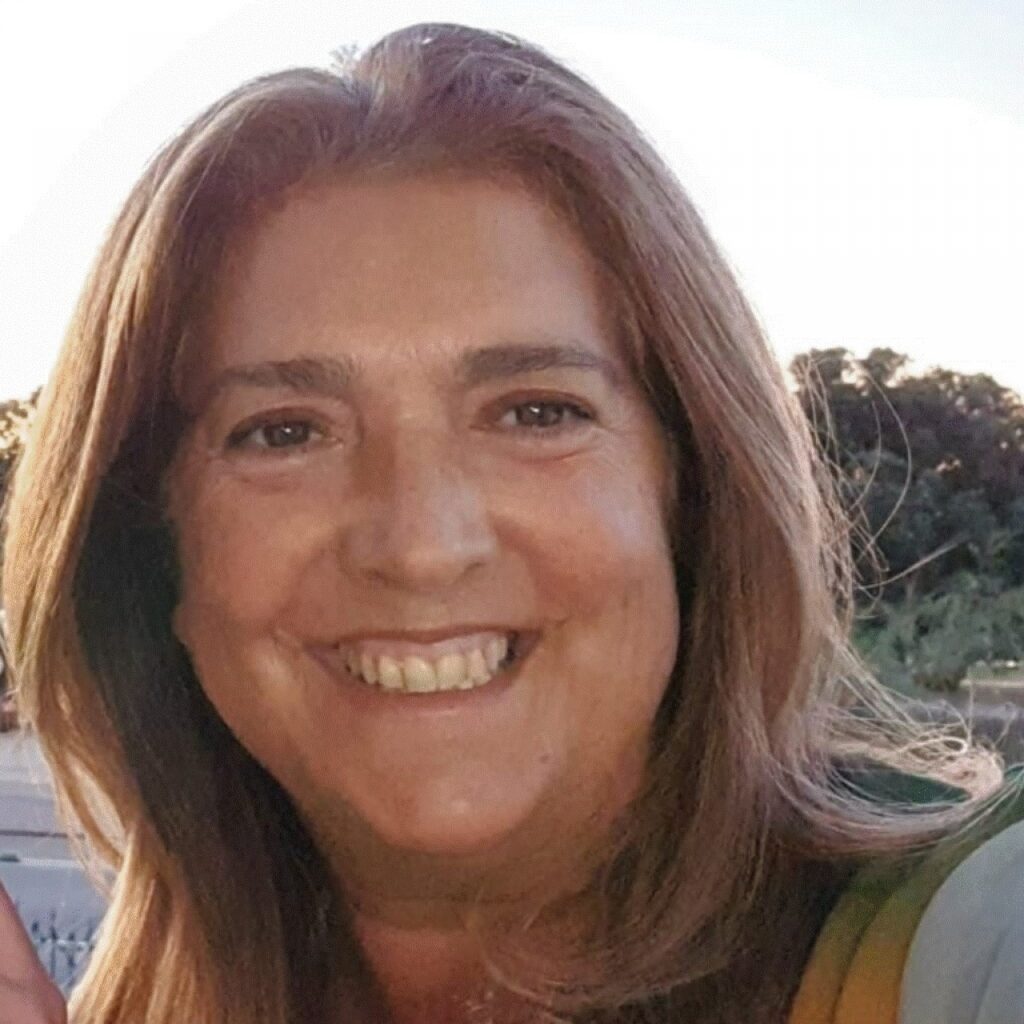

Maria José Saavedra works at the Veterinary Sciences Department – Medical Microbiology, University Trás-os-Montes and Alto Douro. Her main research activities have been dedicated to the characterization of antibiotic resistance mechanisms, with a special focus on beta-lactams and horizontal gene transfer, in bacteria and microbial communities from different origins, including humans, animals, food and water. Also, her molecular epidemiology and phylogenetic studies to characterize the genetic lineages of antibiotic resistant bacteria, in particular within the genus Aeromonas, puts her work in line with the One Health concept that acknowledges the interdependence of human, animal and environmental health.
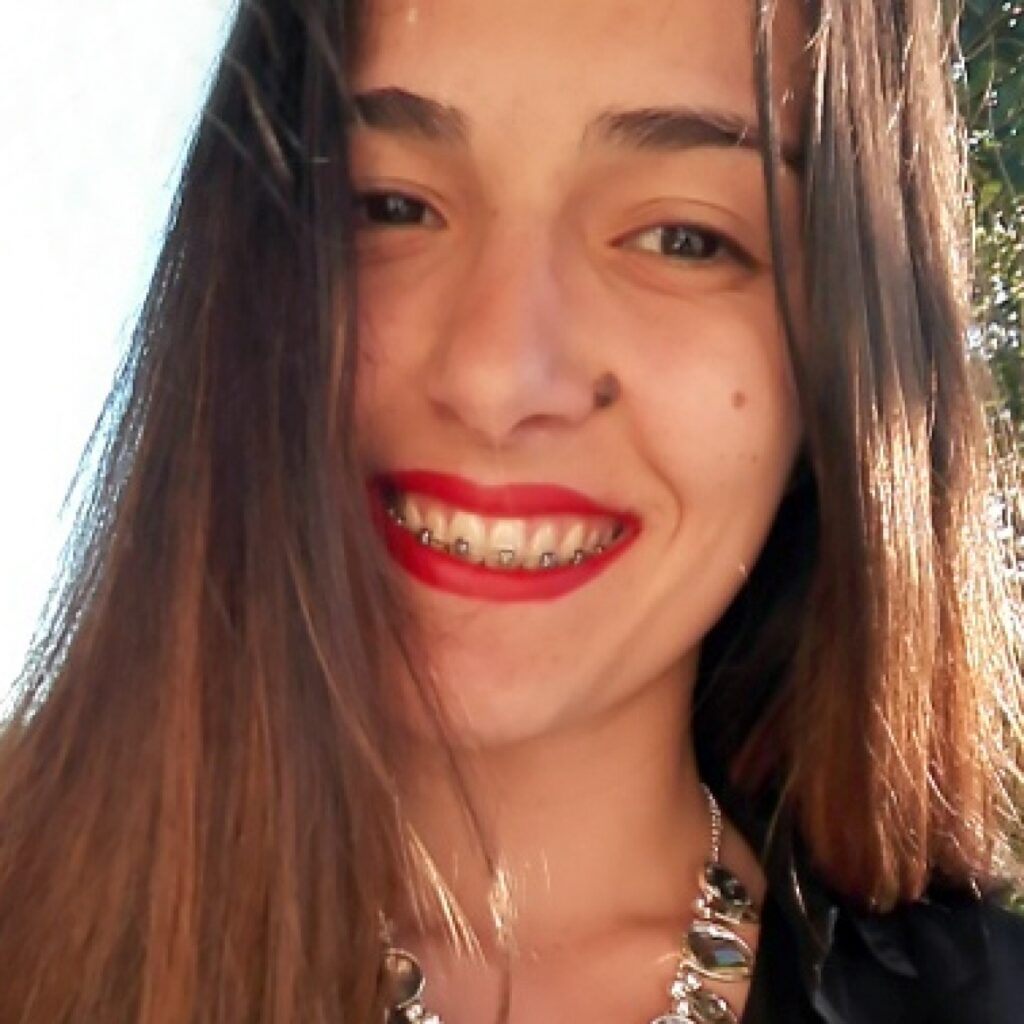

Nicole Pires graduated in Biology in 2015 and obtained MSc degree in 2017 by Faculty of Sciences of University of Porto. She is currently researcher fellow at NUTRIMU team of CIIMAR. Her main research interest focus on fish nutrition, particularly plant feedstuffs as alternative protein sources to fish meal and amino acids supplementation.
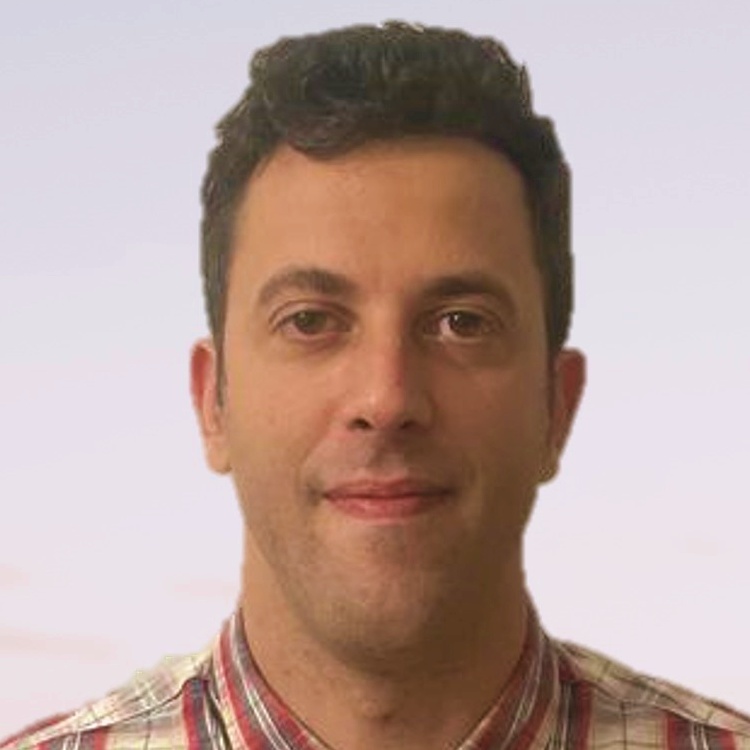

Paolo Guttuso graduated in marine Biology in 2013 and completed his master in marine Ecology at the University of Palermo, Italy. After he gained experience in the field of aquaculture through international experience doing an internship at the University of Hong Kong, China and as research assistant at the Oceanic Observatory of Madeira, Portugal. Currently, he is carrying out his Phd exploring the nutritional effects of dietary Non-Starch Polysaccharides on microbiota modulation and appetite regulation in aquaculture fish.
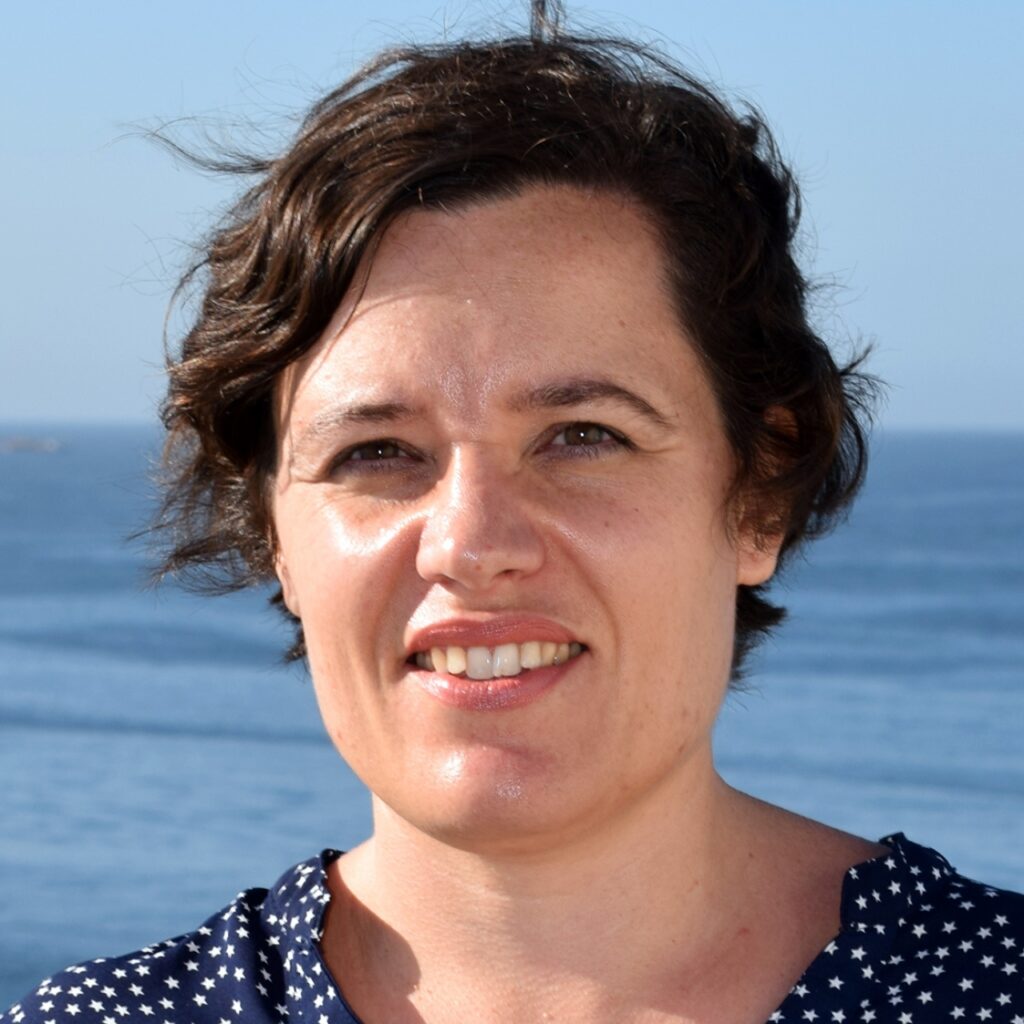

Patricia Díaz-Rosales graduated in Biology (2000) and doctorate (2006) by the University of Malaga (Spain). She has been postdoctoral researcher in different internationally recognized research groups: Scottish Fish Immunology Research Centre (University of Aberdeen; UK) (2006-2010), Marine Research Institute (CSIC; Vigo, Spain) (2010-2013), CIIMAR (Porto, Portugal) (2013-2017), Animal Health Research Centre (CISA-INIA; Madrid, Spain) (2017-present). Improvement of cultured fish production is the goal of her research, focusing on fish immune response, investigating methods to improve it, getting fish able to cope with infections. She is currently tenured scientist at CISA where her research is focused on fish mucosal immunology.
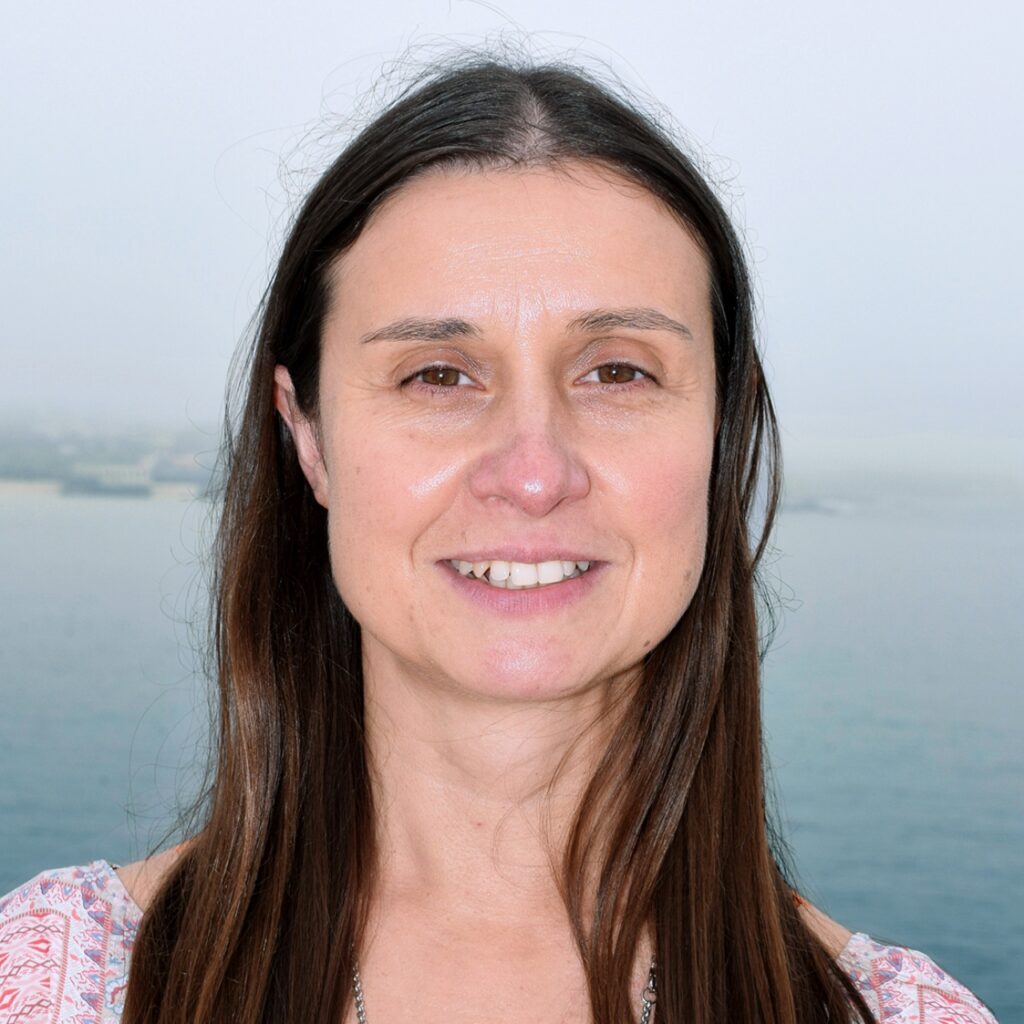

Paula Enes is Auxiliary Professor at the Faculty of Sciences of University of Porto and a Research Nutritionist at CIIMAR in the Fish Nutrition & Welfare Group. She is Associate Editor in Frontiers in Physiology and Fishes Journals. She has 20 years of research in fish nutrition, physiology and immunology, establishing strong links between research, industry and entrepreneurship. Her main research topics include physiological and metabolic utilization of dietary carbohydrates; hormonal regulation of glucose metabolism; use of prebiotics and probiotics to improve alternative ingredients digestibility; oxidative stress and immune status; nutritional strategies for improving fish health and welfare.
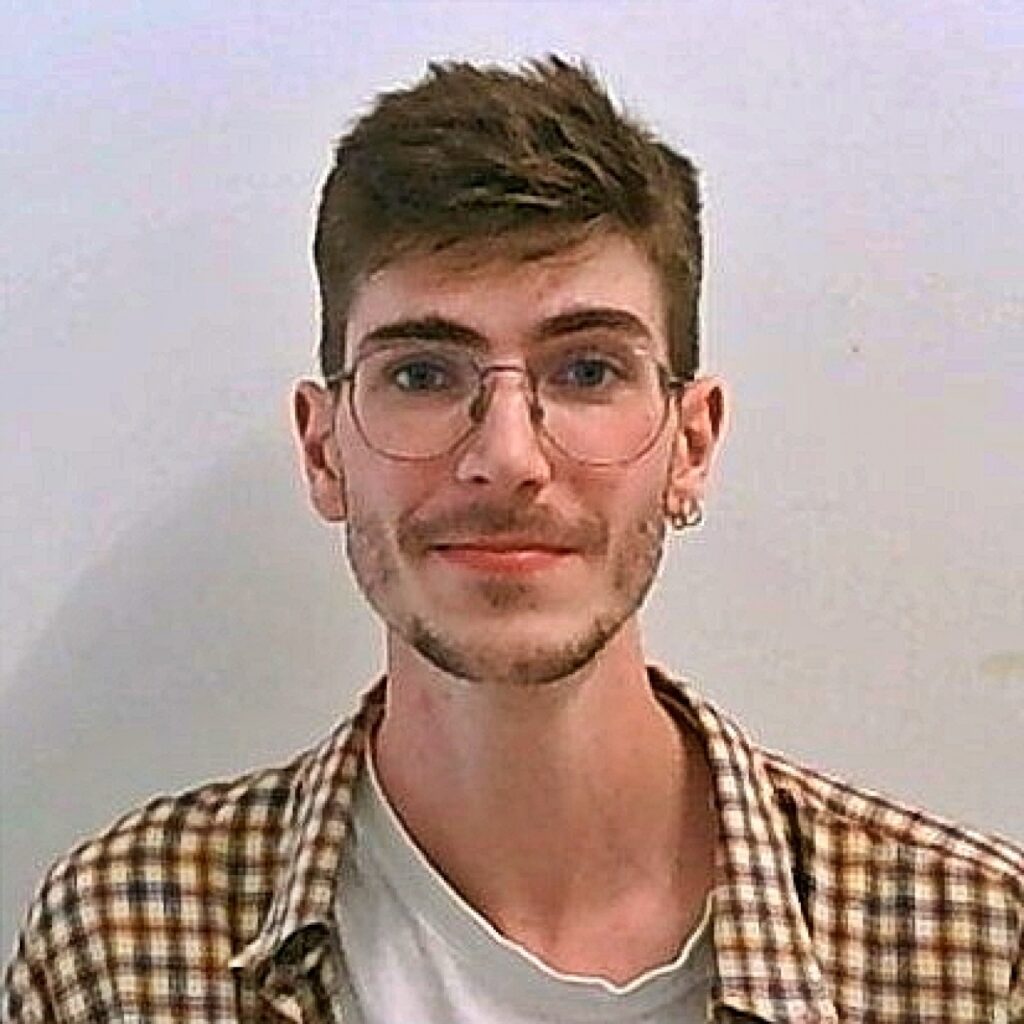

Pedro M. Lages completed his Bachelor's degree in Aquatic Sciences at Instituto de Ciências Biomédicas Abel Salazar (ICBAS) in 2021.
Currently, he is a Master's student in Biological Aquatic Resources at Faculdade de Ciências (FCUP). His project is based on the inclusion of probiotics to improve feedstuff utilization and fish gastrointestinal health.
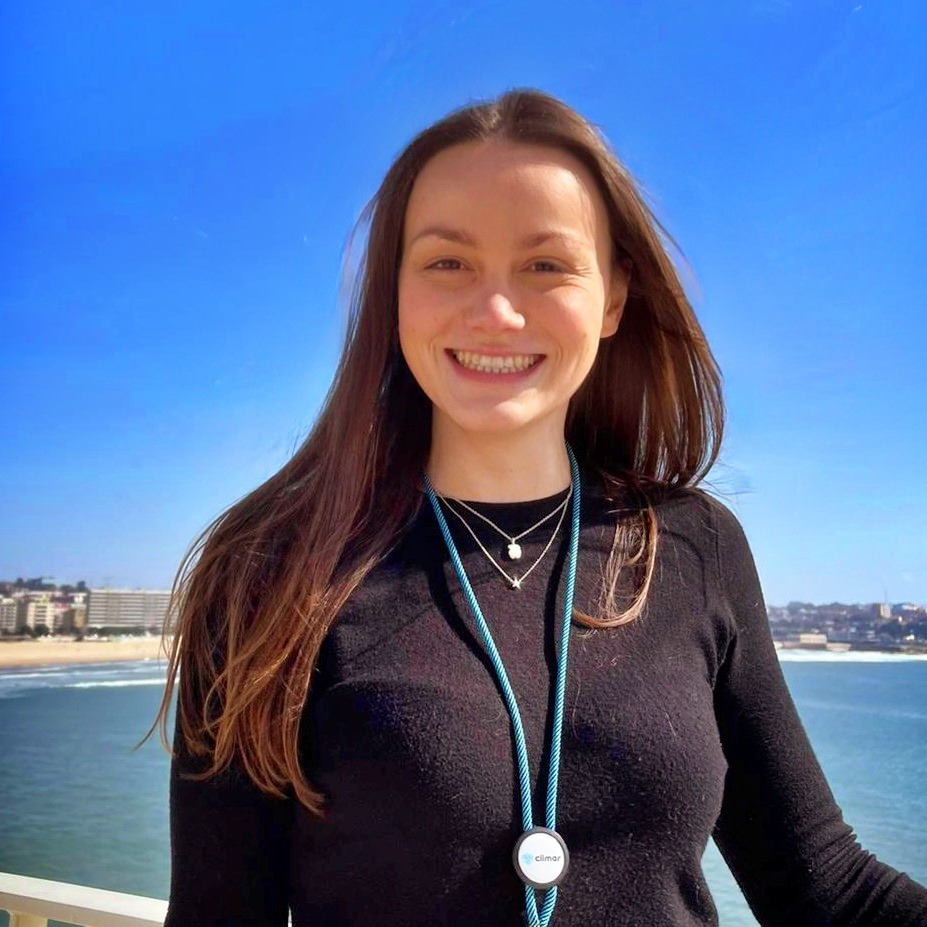

Rafaela A. Santos obtained her PhD in Biology at CIIMAR-FCUP where she applied different microbiological, cellular, and molecular biology tools to characterize Bacillus spp. and their biotechnological applications as disease-preventive agents for the aquaculture sector. Currently, she is a Junior Researcher at Fish nutrition and welfare group dedicated to the development of novel strategies to fight diseases in aquaculture, including probiotics, oral vaccines and Bacillus bioactive compounds as disease-preventive molecules. Rafaela has more than 8 years of lab practical experience in academic settings with strong connections with the animal-feeds industries, counting 1 licensing agreement and 5 knowledge-transfer Business Ignition Programs.
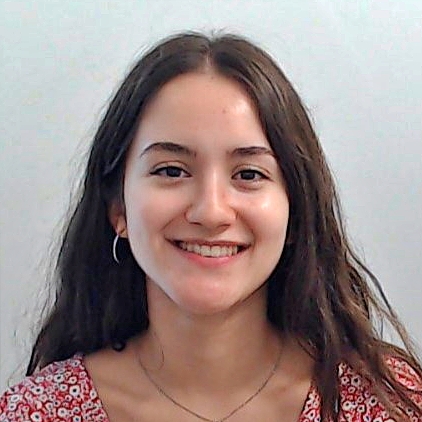

Raquel Ribeiro has a bachelor’s degree in Biology and is currently in her second year of a master’s in Aquatic Biological Resources at the Faculty of Sciences of the University of Porto. As part of her dissertation, she is studying the impact of probiotic (Bacillus spp.) on the intestinal health of corvina fed with vegetable diets, using nutritional health biomarkers.
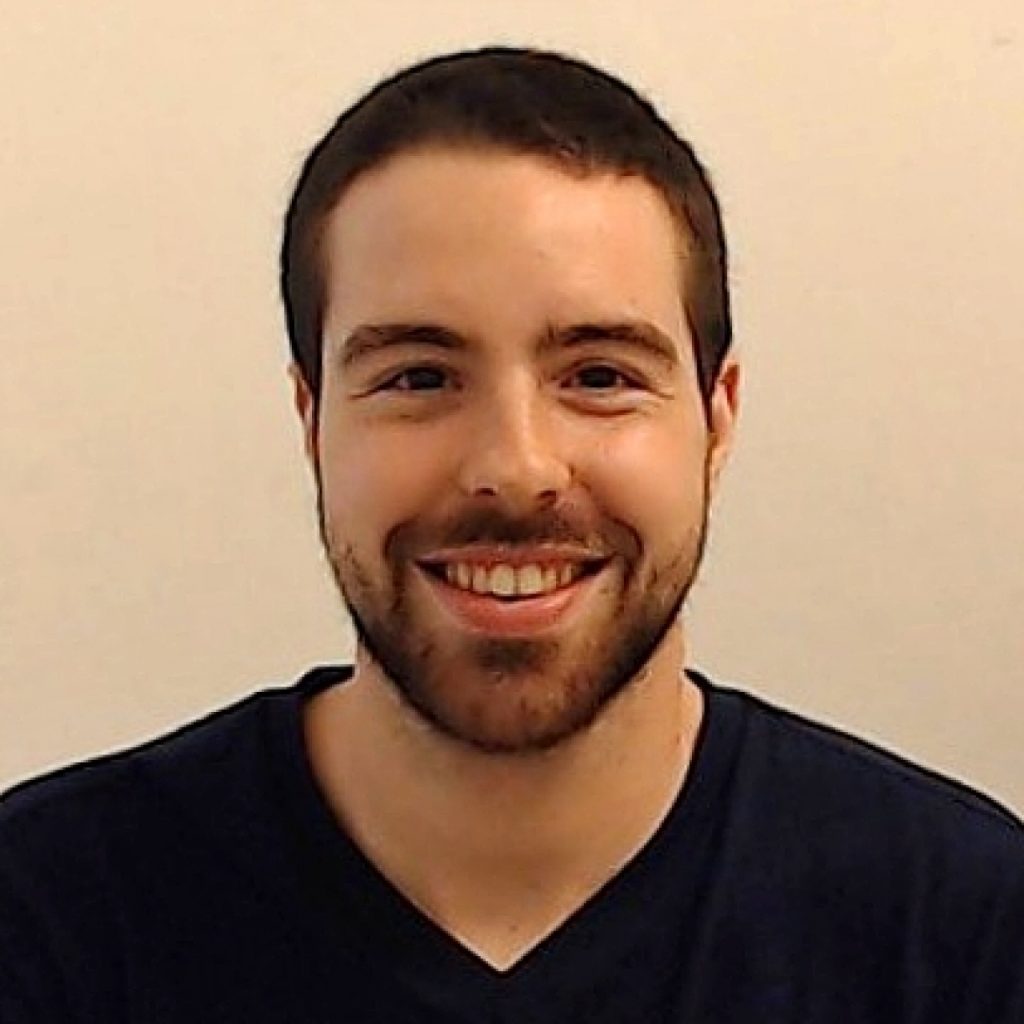

Rodrigo Oliveira has a Bachelor’s degree in Biology and is currently enrolled in the Master’s in Biotechnology and Synthetic Biology (Faculdade de Ciências da Universidade do Porto). As part of his dissertation, he will be focusing on exploring Bacillus spp. antimicrobial compounds as a novel strategy to prevent fish bacterial infections.
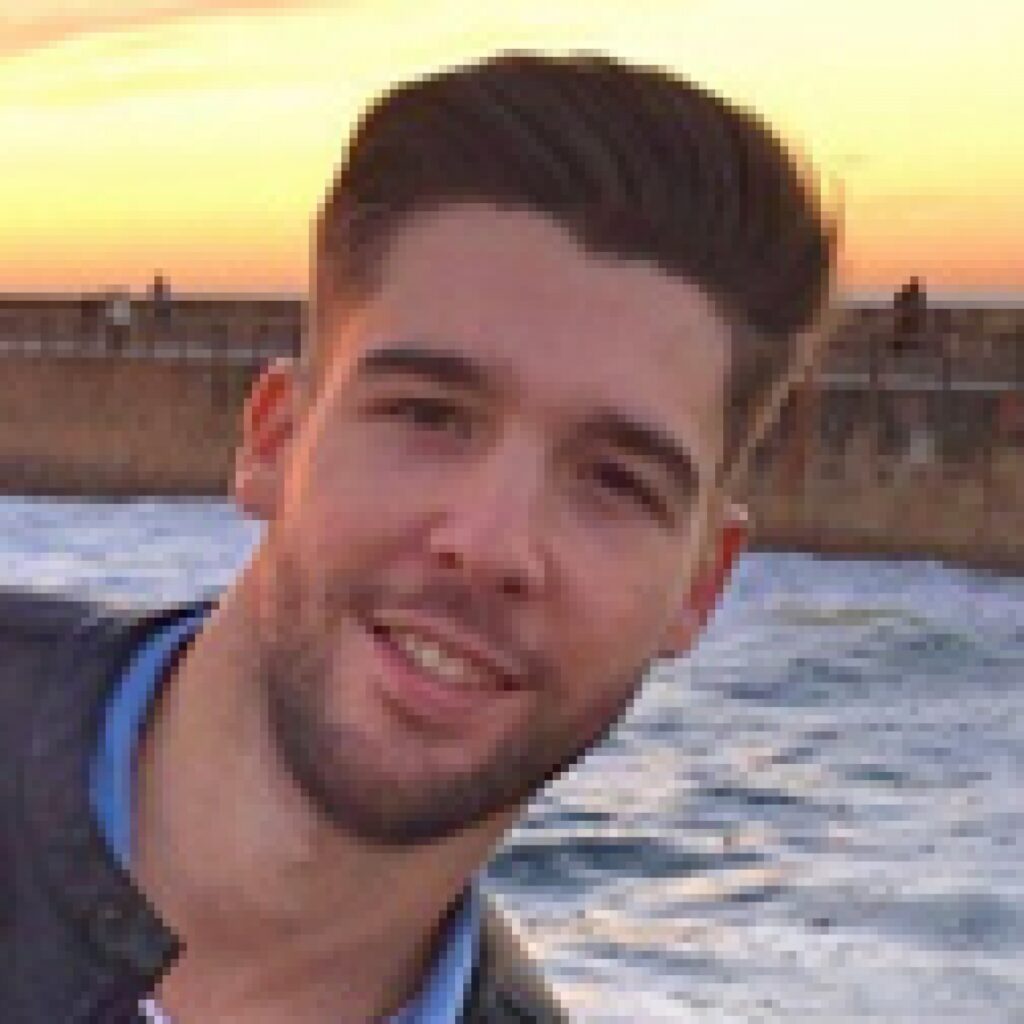

Rui Magalhães has a degree in Aquatic Sciences by Abel Salazar Biomedical Sciences Institute and a master degree in Aquatic Biological Resources by Faculty of Sciences of the University of Porto. In 2014 worked as a researcher in food and biotechnology in Wedotech company. From 2015 until 2017 had two research grants in CIIMAR and starts his PhD in 2017-2018 in NUTRIMU group under the supervision of professor Aires Oliva-Teles and Drª Helena Peres. He participated in 3 research projects and published 5 scientific pappers until now.
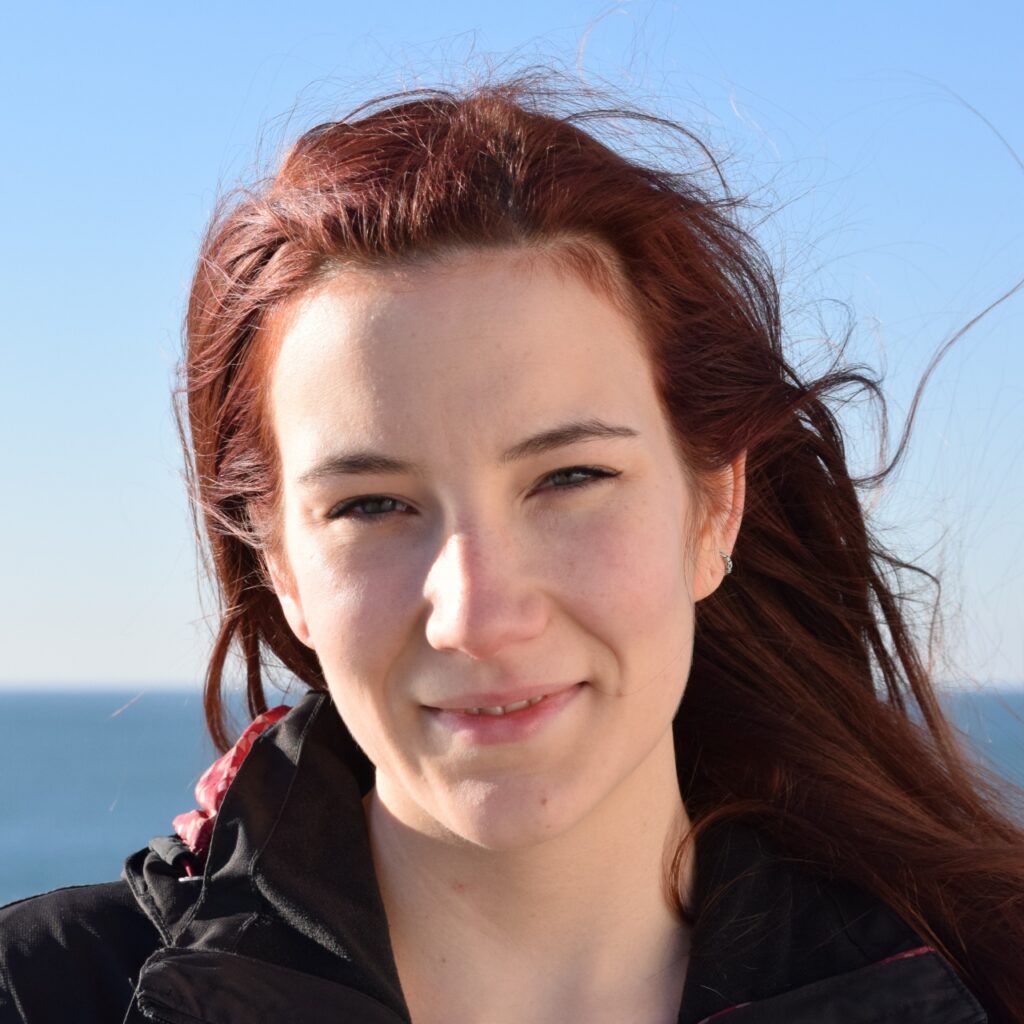

Sara Moutinho has a degree in Biology (2013) and a MSc degree in Aquatic Biological Resources (2015), both by the Faculty of Sciences of the University of Porto. During her Master thesis, she participated in a 4 months ERAMUS+ internship at the Group of Aquaculture and Biodiversity of the Polytechnic University of Valencia, Spain. She is currently a research fellow at the Nutrition and Immunobiology (NUTRIMU) group of CIIMAR.
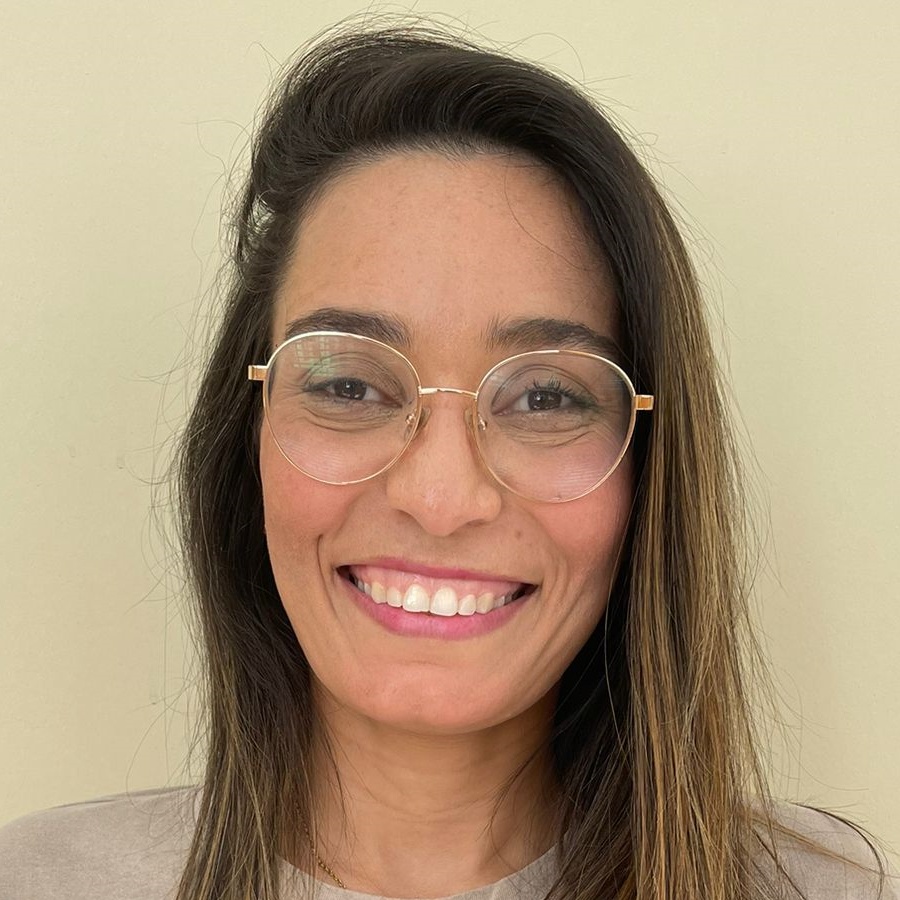

Tássia Estevão-Rodrigues graduated in Fishing Engineer (UFRPE-BR) (2013), and mastered in Fishing Sciences in the Tropics (UFAM-BR) (2016). She is currently a PhD student in biology at UP-FCUP with research focused on the development of new ingredients at AQUAFEED from the valorization of agro-industrial by-products, through the bioprocess of Fermentation in the Solid State.
Filipe, D., Gonçalves, M., Fernandes, H., Oliva-Teles, A., Peres, H., Belo, I., Salgado, J.M.
2023Frontiers inFoods,12:305Filipe, D., Dias, M., Magalhães, R., Salgado, J., Belo, I., Oliva-Teles, A., Peres, H.
2023Fishes, 8:90Martins, N., Magalhães, R., Oliva-Teles, A., Castro, C., Peres, H.
2023Comparative Biochemistry & Physiology, Part A, 280:111397Teixeira, C., Pedrosa, R., Castro, C., Magalhães, R., Matos, E., Oliva-Teles, A., Peres, H., Perez-Jiménez. A.
2023Fishes, 8:141Milian Sorribes, M.C., Peres, H., Tomás-Vidal, A., Moutinho, S., Peñaranda, D.S., Jover-Cerdá, M., Oliva-Teles, A., Martínez-Llorens, S.
2023Diseases of Aquatic Organisms 121: 117-128Guerreiro, I., Castro, C., Serra, C.R., Coutinho, F., Couto, A., Peres, H., Pousão-Ferreira, P., Corraze, G., Oliva-Teles, A., Enes, P.
2023Antioxidants, 12, 1031Magalhães, R., Martins, N., Fontinha, F., Olsen R. E., Cláudia R. Serra, Peres, H., Oliva-Teles, A.
2023Animals, 13, 1770Moutinho, S., Oliva-Teles, A., Rodríguez, L.F.P., Magalhães, R., Monroig, O., Parisi, G., Peres, H.
2023Aquaculture,574: 739705Guerreiro, I., Basto-Silva, C., Magalhães, R., Martins, N., Fontinha, F., Peres, H., Mercier, Y., Nuez-Ortín, W.G., Mahmood, T., Oliva-Teles, A.
2023Aquaculture, 576: 739853Website by: Glitz Design
© 2023 CIIMAR – All rights reserved.